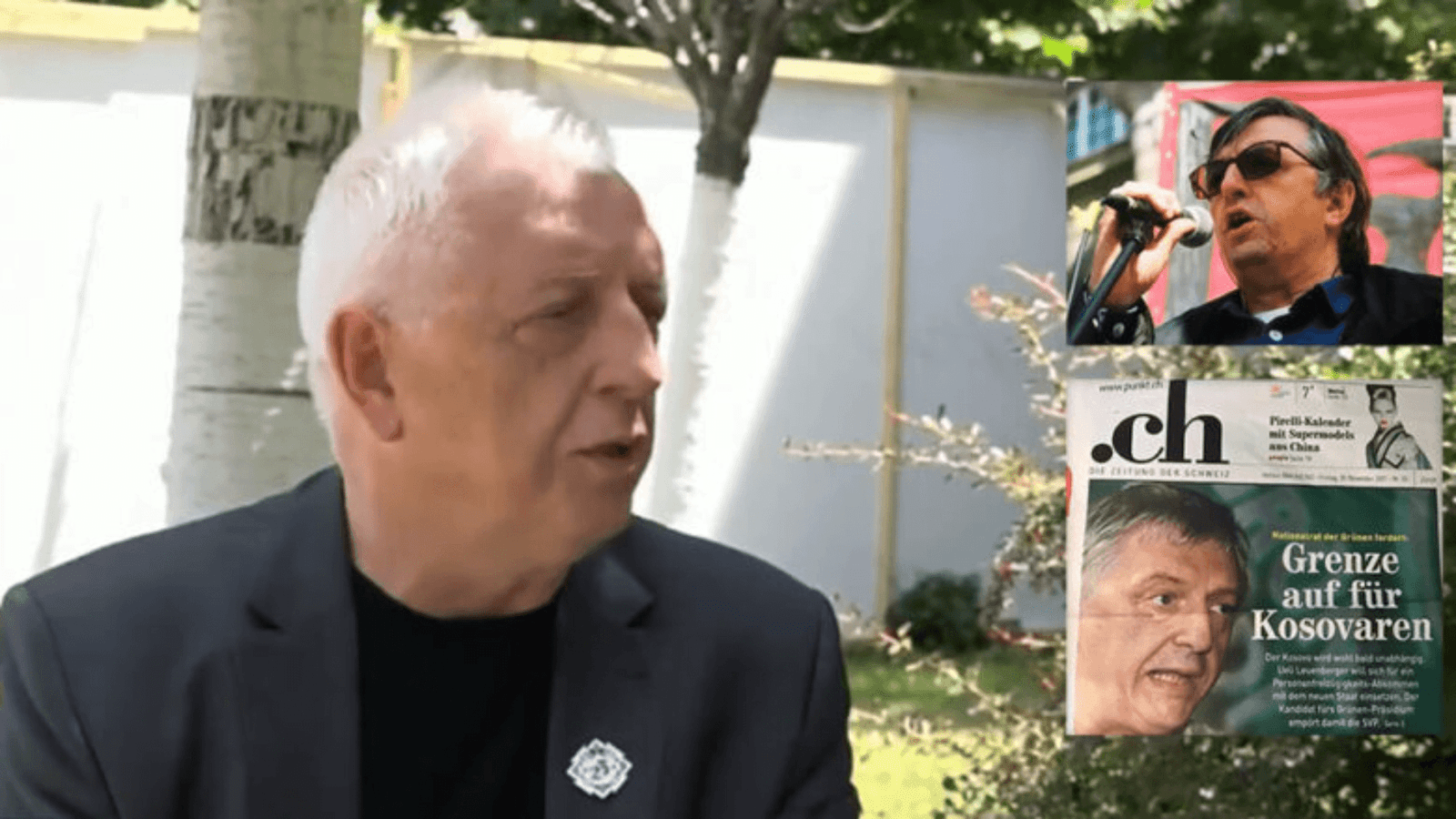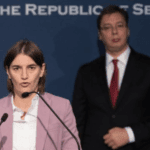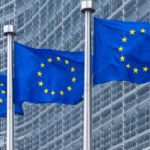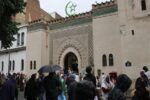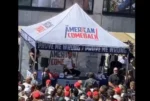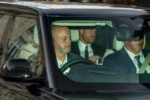If he listened to his heart, he would come to Kosovo more often. But his legs are tired, so he rarely makes the journey from Switzerland to Kosovo. We are talking about Ueli Leuenberger, the former politician from Switzerland, a great supporter of the Albanians there and in Kosovo.
And now, on his fifth stay in Kosovo, when the country is celebrating the 25th anniversary of liberation, he had no choice but to visit the exhibition that brings back the media coverage of the Kosovo war by foreign journalists.
“I saw films, documents and photographs of those people that I have seen every night on the news. And, I remembered a lot from the time when I shared the moments with the Kosovars who, through the screen, were watching their villages burn. I remember a grandmother with a suitcase walking along the railway, running away. Her family in Geneva during the 5-second broadcast recognized her and stayed for 4 or 5 days in front of the television, watching all the channels to see her again.”
“After 5 days, they received news from the International Red Cross that she was in Stankovec. It was a great relief to finally have news of their relatives. I have experienced such situations hundreds and thousands of times with people separated from their country and without access to information during the war”, Ueli Leuenberger said in his confession for RTK.
Living every day with the suffering of the Albanians, Leuenberger became their great advocate, and was actively involved in raising the Kosovo issue to the international community.
“I was convinced that, as in Bosnia and Herzegovina, there would be war in Kosovo as well. And I was persistently asking for intervention to stop Milosevic. During the conflict, we were trying to find different ways to help the people of Kosovo and the KLA soldiers with medicine and anything else we could”, he added.
25 years after the war, the former Swiss politician expects greater pressure from the EU towards countries that have not yet recognized Kosovo as a state.
“It is extremely unfortunate, and as long as these countries do not recognize independence, as long as Europe does not put more pressure on Belgrade, I think this situation will continue. I would like the governments and the people in Europe to more firmly seek the recognition of Kosovo’s independence, which would be a solution for a stable peace in the region”, he concluded.
From 1993, when he first stayed in Pristina, in a dark period of Kosovo’s history, he now proudly says that he did not remove the emblem of the 25th anniversary of liberation. He’s been wearing it since the moment he landed at Pristina airport at the beginning of the week.

